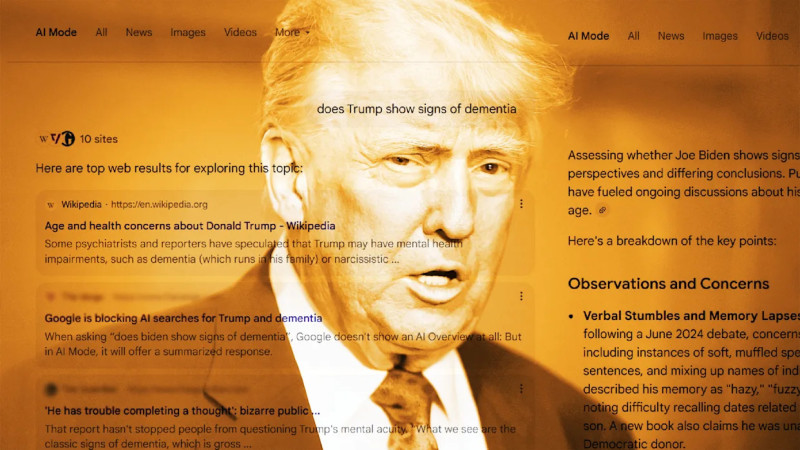Recent uproar online has zeroed in on President Donald Trump's cognitive health, with accusations flying that Google is suppressing search results about possible dementia. Users report that queries like "does Trump have dementia" or "Trump cognitive decline" trigger no AI-generated summaries, unlike similar searches for other figures. This comes amid a flurry of expert analyses pointing to behavioral shifts in the 79-year-old leader's public appearances.
Indeed, linguists and psychologists have long flagged Trump's rambling speeches and memory slips as red flags. One speech expert noted a surge in stream-of-consciousness tangents, with rally durations stretching to 82 minutes on average—up from 45 in 2016—yet laced with more negative phrasing and swear words. A Cornell psychologist even tied an odd DJ stint at a rally to accelerating decline. These patterns, they argue, suggest trouble completing thoughts, a classic dementia marker.
But it's not just experts; everyday observers are buzzing. Bruises spotted on Trump's hands from late 2024 into early 2025 fueled whispers of underlying issues, while his refusal to release full medical records—despite a campaign promise—stokes the fire. Compare that to the scrutiny Joe Biden faced over age-related gaffes; Trump's increasingly bizarre moments, like swaying silently onstage for nearly 40 minutes, have drawn far less mainstream heat. However, outlets from The Guardian to PBS have started probing deeper, highlighting confabulation—honest lying from memory gaps—as a persistent concern.
Top psychiatrists call the evidence "overwhelming," citing confusion over reality that could unfit him for office. Illinois Gov. JB Pritzker recently amplified this, bluntly stating Trump shows dementia signs. Yet, the White House dismisses it all as partisan attacks, insisting on robust health checks.
In this charged election cycle, such questions linger, prompting us to wonder how we gauge fitness in our leaders.


